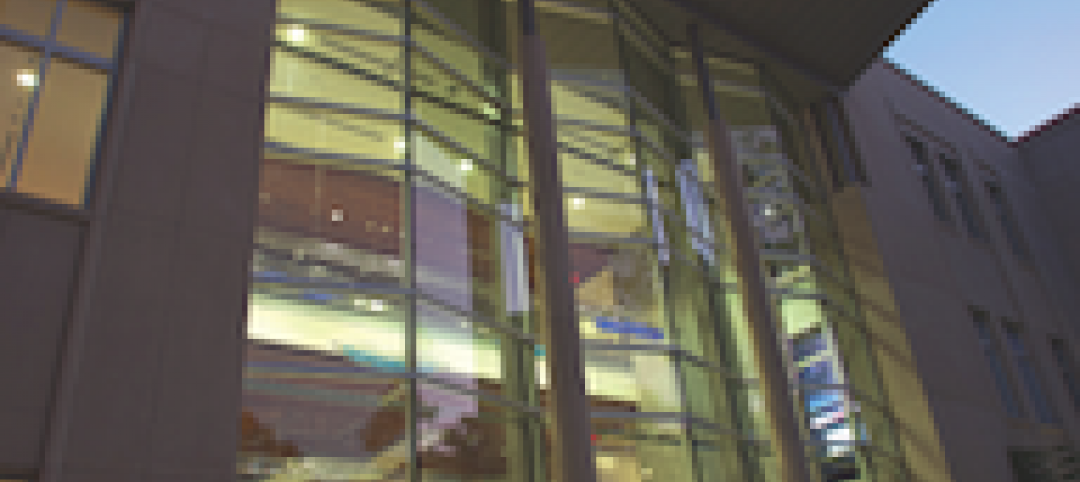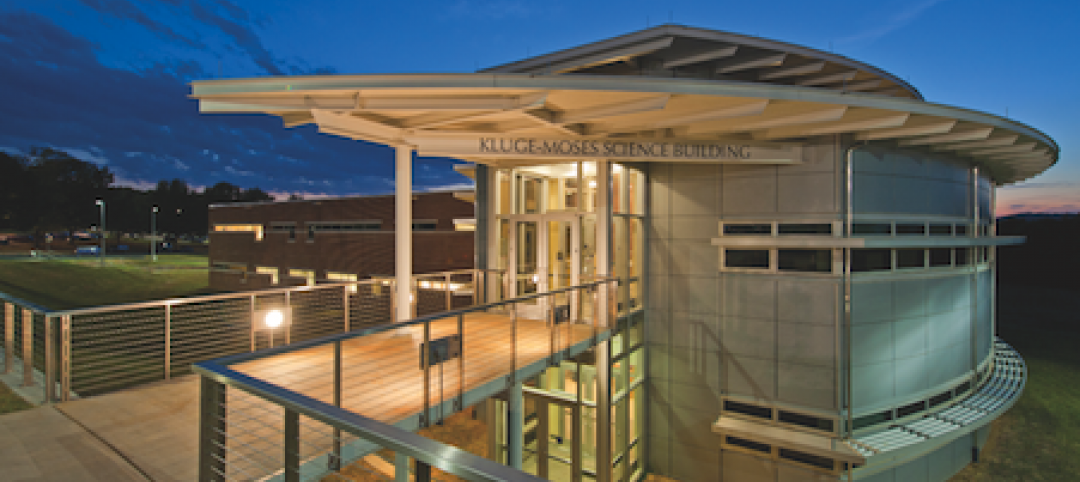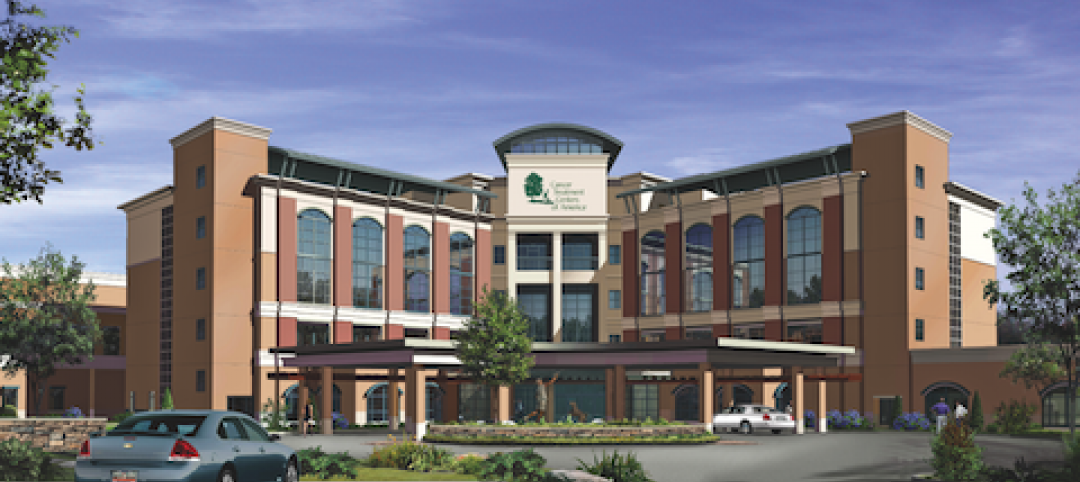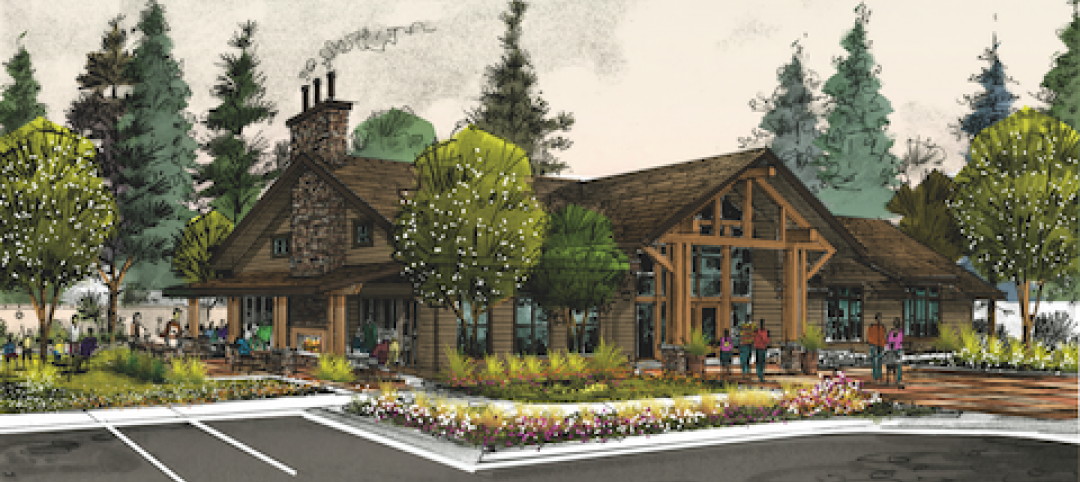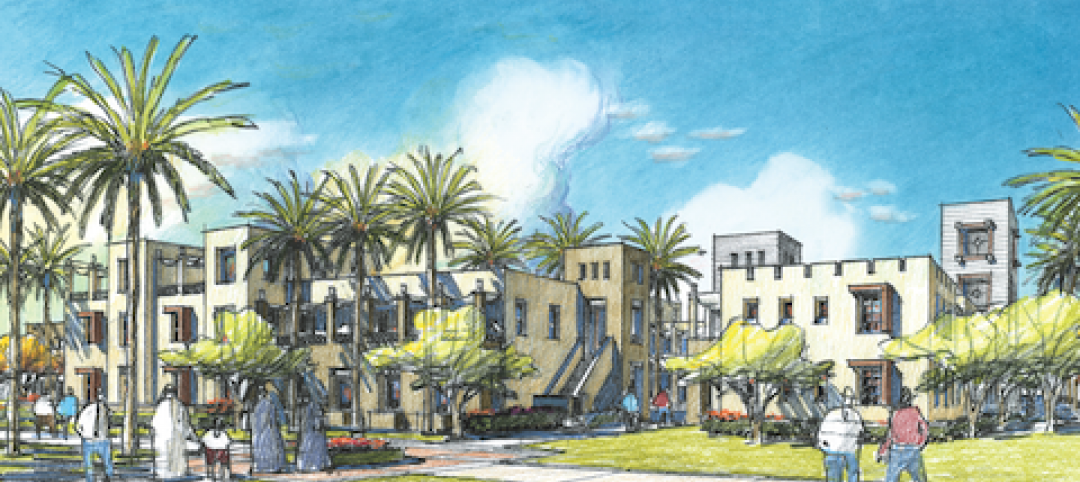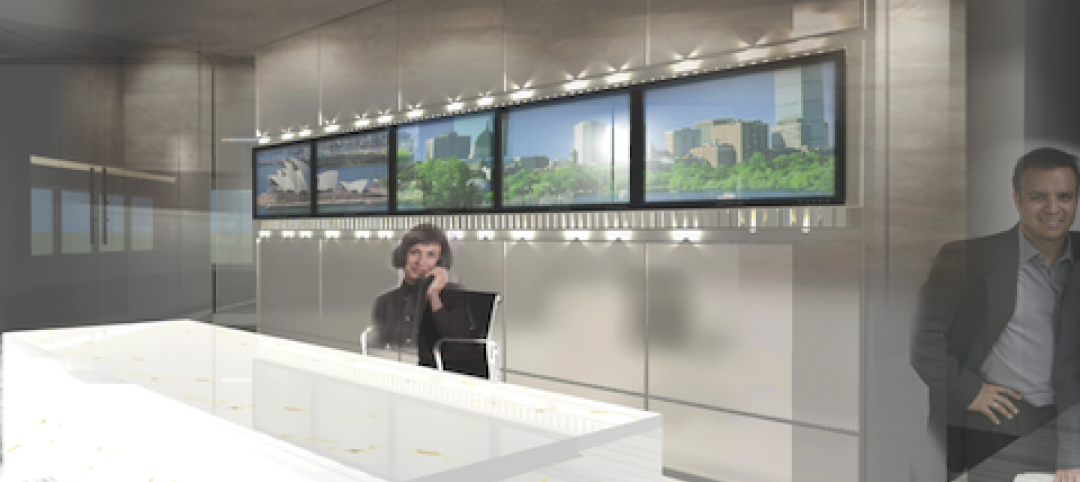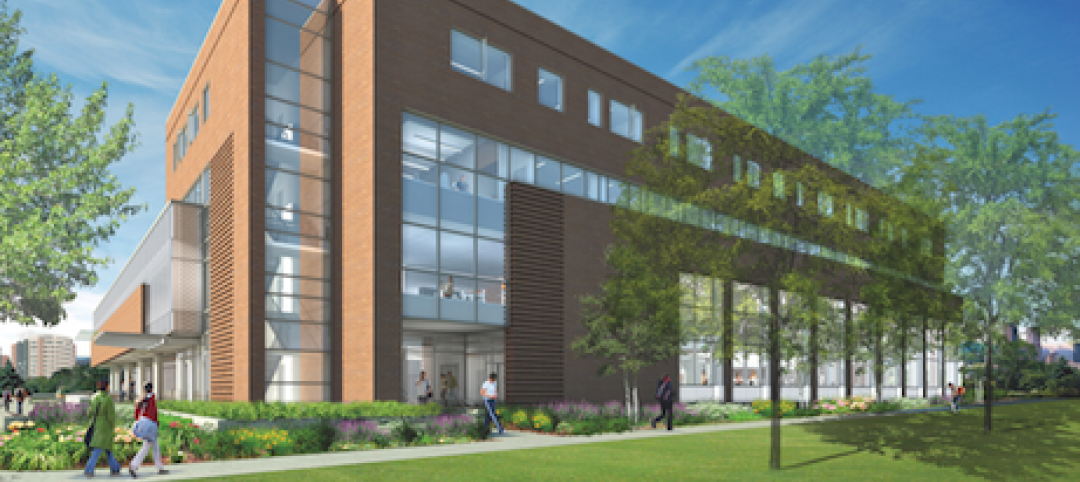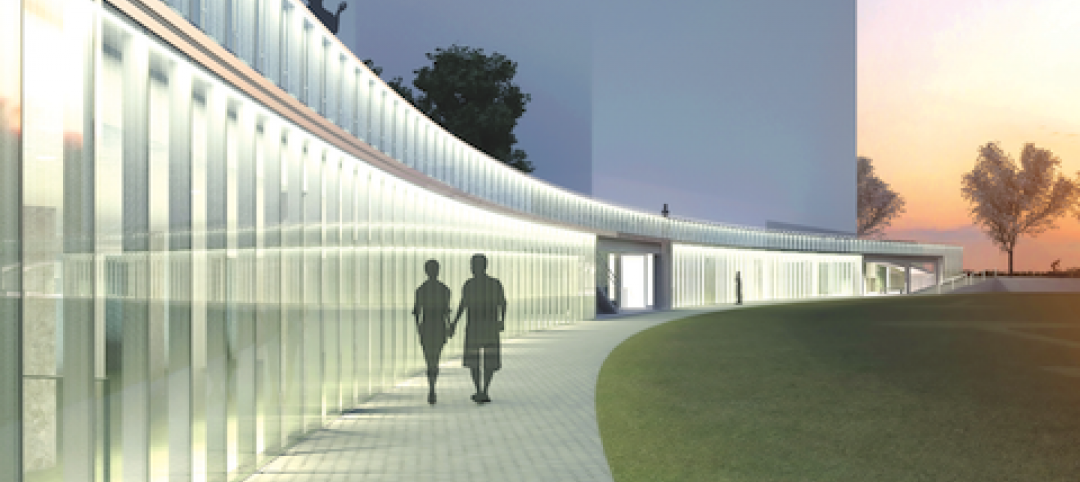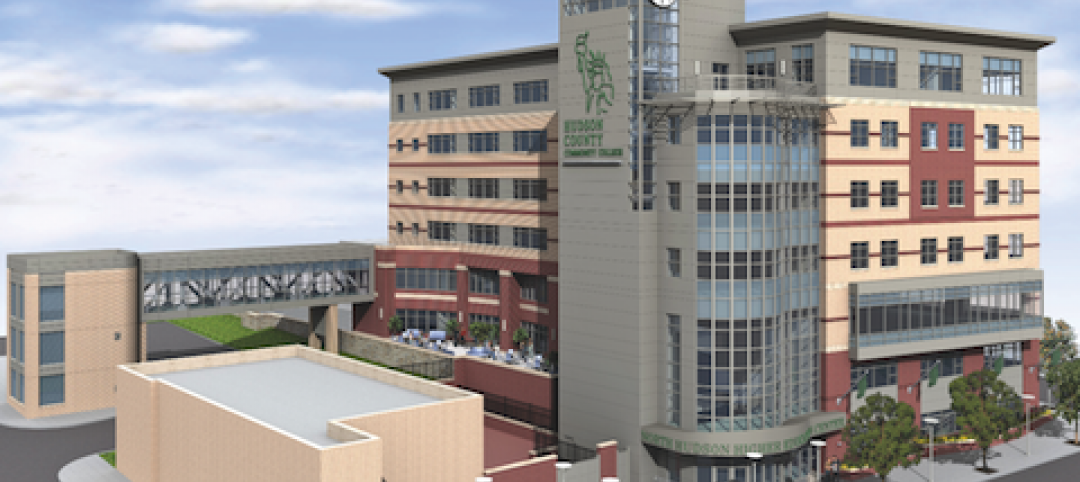They’re all “world middleweight cities” that are likely to become regional megacities (10 million people) by 2025—along with Dongguan, Guangzhou, Hangzhou, Shenzhen, Tianjin, and Wuhan (China); Kinshasa (Democratic Republic of the Congo); Jakarta (Indonesia); Lahore (Pakistan); and Chennai (India).
These “emerging middleweight” cities are among the “City 600,” the top 600 cities by contribution to global GDP growth from 2007 to 2005, as defined in a new report from McKinsey Global Institute: “Urban World: Mapping the economic power of cities”.
The 1.5 billion people who live in the City 600 (22% of world population) accounted for $30 trillion of GDP in 2007—more than half of global GDP. The top 100 alone generated $21 trillion, 38% of global GDP, according to McKinsey.
By 2025, these 600 cities will be home to 2.0 billion, a quarter of the world’s population, and account for $64 trillion, or 60% of global GDP.
The top 25 “hot spots” for GDP by 2025 include (in rank order) New York, Los Angeles, Chicago, Dallas, Washington, D.C., Houston, Philadelphia, Boston, and San Francisco, along with such places as São Paolo (Brazil), Rhein-Ruhr (Germany), Mexico City, Randstad (Netherlands), Shanghai, Beijing, and Hong Kong.
Other key findings of the McKinsey study:
• By 2025, the makeup of the City 600 will change as the center of gravity of the urban world moves south and east. One-third of developed market cities will no longer make the top 600.
• By 2025, up to 136 new cities will enter the City 600 list, all of them from the developing world—100 of them from China alone, including Haerbin, Shantou, and Guiyang.
• India will contribute 13 newcomers to the City 600 list, including Hyderabad and Surat. Latin America will add eight, notably Cancún (Mexico) and Barranquilla (Colombia).
• About 310 million more people of working-age population will live in the City 600 by 2025—almost 35% of the expansion of the global workforce, almost all of it in emerging markets and two-thirds in China and South Asia.
What do all these fascinating data points mean to the design and construction industry, and to you as an AEC professional? In a nutshell, the McKinsey people are saying, If you want to grow your business—and your career—over the next 15 years, you must look to foreign climes.
It is in the emerging cities that GDP will be growing at a faster rate than global GDP. Where the workforce will be expanding more quickly than in the rest of the world. Where demand for housing, retail shops, schools, libraries, museums, data centers, universities, office buildings, religious centers—all the magnificent structures you and your firms create and build—will be accelerating at a hyperfast rate compared to the growth, if any, in much of the developed world.
To be competitive in the coming decade and a half, AEC firms and professionals are going to have to shift their lines of sight eastward and southerly, to places with names like Luanda, Chongqing, Dhaka, Colombo, and Grande Vitória.
Related Stories
| Oct 13, 2010
Campus building gives students a taste of the business world
William R. Hough Hall is the new home of the Warrington College of Business Administration at the University of Florida in Gainesville. The $17.6 million, 70,000-sf building gives students access to the latest technology, including a lab that simulates the stock exchange.
| Oct 13, 2010
Science building supports enrollment increases
The new Kluge-Moses Science Building at Piedmont Virginia Community College, in Charlottesville, is part of a campus update designed and managed by the Lukmire Partnership. The 34,000-sf building is designed to be both a focal point of the college and a recruitment mechanism to get more students enrolling in healthcare programs.
| Oct 13, 2010
Cancer hospital plans fifth treatment center
Construction is set to start in December on the new Cancer Treatment Centers of America’s $55 million hospital in Newnan, Ga. The 225,000-sf facility will have 25 universal inpatient beds, two linear accelerator vaults, an HDR/Brachy therapy vault, and a radiology and imaging unit.
| Oct 13, 2010
Apartment complex will offer affordable green housing
Urban Housing Communities, KTGY Group, and the City of Big Bear Lake (Calif.) Improvement Agency are collaborating on The Crossings at Big Bear Lake, the first apartment complex in the city to offer residents affordable, eco-friendly homes. KTGY designed 28 two-bedroom, two-story townhomes and 14 three-bedroom, single-story flats, averaging 1,100 sf each.
| Oct 13, 2010
Residences bring students, faculty together in the Middle East
A new residence complex is in design for United Arab Emirates University in Al Ain, UAE, near Abu Dhabi. Plans for the 120-acre mixed-use development include 710 clustered townhomes and apartments for students and faculty and common areas for community activities.
| Oct 13, 2010
HQ renovations aim for modern look
Gerner Kronick + Valcarcel Architects’ renovations to the Commonwealth Bank of Australia’s New York City headquarters will feature a reworked reception lobby with back-painted glass, silk-screened logos, and a video wall.
| Oct 13, 2010
New health center to focus on education and awareness
Construction is getting pumped up at the new Anschutz Health and Wellness Center at the University of Colorado, Denver. The four-story, 94,000-sf building will focus on healthy lifestyles and disease prevention.
| Oct 13, 2010
Community center under way in NYC seeks LEED Platinum
A curving, 550-foot-long glass arcade dubbed the “Wall of Light” is the standout architectural and sustainable feature of the Battery Park City Community Center, a 60,000-sf complex located in a two-tower residential Lower Manhattan complex. Hanrahan Meyers Architects designed the glass arcade to act as a passive energy system, bringing natural light into all interior spaces.
| Oct 13, 2010
Community college plans new campus building
Construction is moving along on Hudson County Community College’s North Hudson Campus Center in Union City, N.J. The seven-story, 92,000-sf building will be the first higher education facility in the city.
| Oct 13, 2010
Bookworms in Silver Spring getting new library
The residents of Silver Spring, Md., will soon have a new 112,000-sf library. The project is aiming for LEED Silver certification.


